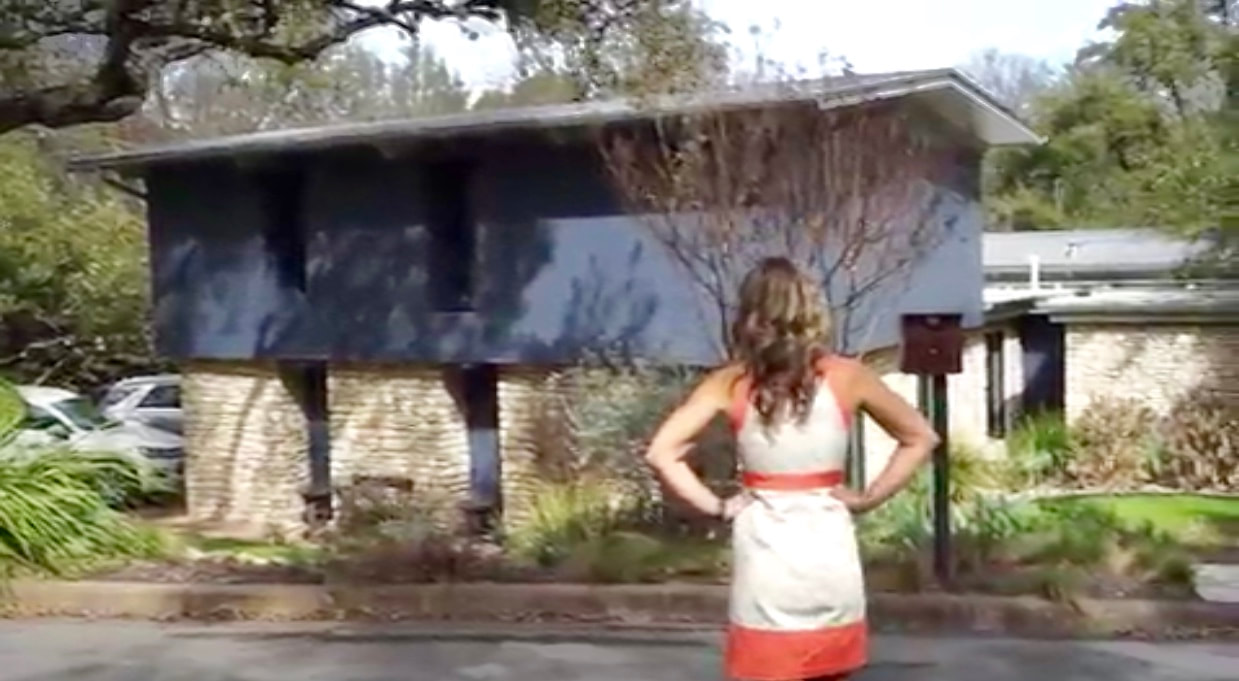|
In real estate, a right of first refusal is a contractual right that gives the holder the option to purchase a specified property when the owner decides to sell. This right of first refusal is usually written up by a lawyer, and the terms are agreed upon by the owner of the property and the holder of the right of first refusal. A right of first refusal may be used in a variety of situations. Recently, a client of mine inquired about obtaining a right of first refusal on his neighbor’s vacant lot. He was potentially interested in purchasing the lot, and if the owner was going to sell the lot, he wanted the first opportunity to do so. In this way, he could control his own personal quality of life. If someone else was going to buy the lot and build a massive home that would encroach upon his sense of privacy, he could exercise his right of first refusal and purchase the lot. You also may see the right of first refusal used between a landlord and his tenant. If the tenant likes the home, and would someday like to purchase the property, he may seek a right of first refusal to secure this option. As an owner of a property, your initial thought may be that a right of first refusal is a win-win scenario for you. Either you sell the property to the person who initially submits an offer to purchase, or the holder of the right of first refusal purchases the property. However, in reality this may not be the case. If the wording is not incredibly black and white, and there are not strict timelines, you may be stuck unable to sell the property. If you are considering signing a right of first refusal, you should work with an attorney to make sure the terms are incredibly clear and leave no room for different interpretations. In another recent transaction, I was representing the buyer of a condo. The condo association documents revealed a right of first refusal clause that granted the developers and their successors +21 years, the right to purchase any condo unit in the development. In this right of first refusal clause, it specifically states that if a condo owner receives an offer on his condo, he must provide written notice to the developer (ie the holder of the right of first refusal) and the developer shall have the right to purchase the subject unit upon the same terms and conditions in the initial offer. However, this wording which was drafted in 1973, reveals a lot of ambiguity. My client’s initial offer involved a cash transaction with a closing seven days after the execution of the contract. The holder of the right of first refusal exercised her right of first refusal, but she failed to match these terms. Unfortunately, there was no recourse for the seller. The right of first refusal is worded strongly in favor of the holder. In this scenario, which has yet to come to a conclusion, so far everyone lost. My client was not able to purchase the property. The seller was not able to sell the property, and the holder of the right of first refusal has not proved capable of purchasing the property. The issue with this right of first refusal clause was that the holder had all the leverage. There was not a strict timeline for the holder to waive or exercise the right of first refusal, and there was a lack of specificity in regards to the terms of the contract. If I was a property owner considering signing a right of first refusal, I would make sure that the holder had a very tight timeline to waive or exercise the right of first refusal, probably less than a week. Furthermore, I would make sure that if the holder exercises the right of first refusal they must do so in a specified time frame, and if he fails to close in that timeline, the right is automatically waived.
If you are considering signing a right of first refusal, I recommend you hire an experienced attorney to make sure you do not fall victim to the same scenario. Likewise, if you are thinking of buying a property where a right of first refusal exists, do your due diligence and make sure you fully understand the terms of that right before you waste your time and money on a purchase that may never come to fruition. If you would like recommendations for experienced real estate attorneys in the Austin area, don’t hesitate to contact me.
0 Comments
Leave a Reply. |
BLOGSharing Austin real estate updates, home owner tips, & more. Archives
February 2024
Categories
All
|



